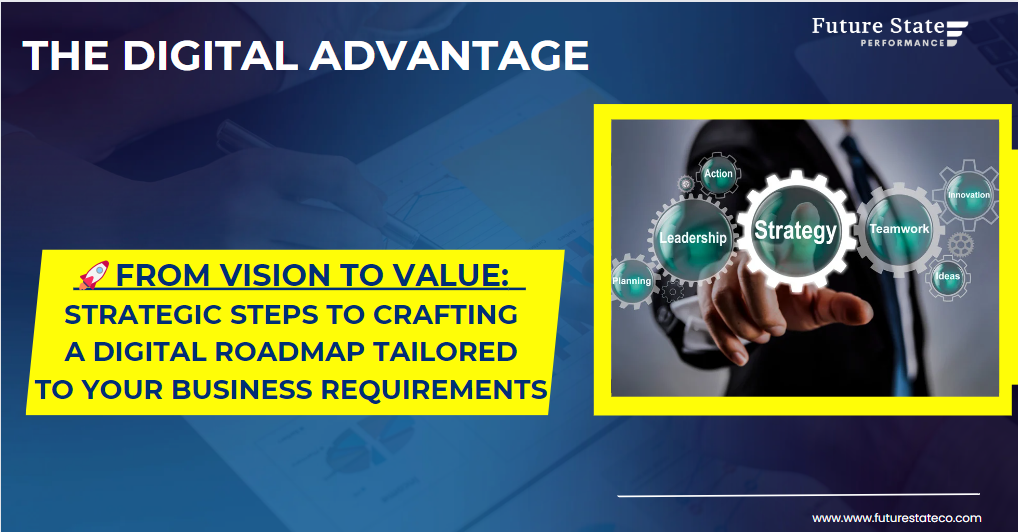Strategy
From Vision to Resilience: The Ten Commandments of Effective Leadership
By Shay Lynch
September 17, 2024
Key Highlights
Effective leadership is crucial in steering organisational success and adapting to the ever-evolving business landscape. This article explores ten core leadership principles, emphasizing adaptability, visionary thinking, emotional intelligence, ethical integrity, and inclusivity, among others. Positive impacts of these principles include enhanced decision-making, increased operational efficiency, and improved stakeholder trust, while failures in leadership can lead to strategic drift, resource wastage, and diminished morale. The right leadership not only propels a company towards its strategic goals but also moulds its cultural foundation, underscoring the profound influence leaders have on an organisation’s trajectory. This guide serves as a vital tool for leaders aiming to refine their skills and drive their organisations to new heights, highlighting both the transformative potential of effective leadership and the risks of inadequacy.
Introduction
Leadership transcends the realm of merely managing tasks and personnel; it moulds the fabric of an organisation’s culture and steers its strategic direction. In today’s volatile business environment, the calibre of leadership can be the linchpin between thriving success and gradual decline.
Over the years, I’ve witnessed great examples of leadership along with lessons, and with that, I’ve developed a view of core principles that leaders should go on a journey with.
This article breaks down these 10 core principles, outlining not only their essence and application but also examining the transformative impact they have on a business’s trajectory—both when practiced effectively and when the potential consequences when neglected.
Core Leadership Principles: Definitions and Their Impacts
1. Adaptability
Description: The ability to quickly respond to or initiate change effectively within the organisation. This principle has never been more relevant that it is today.
Positive Impact: Ensures the organisation remains competitive and responsive to market dynamics.
Negative Consequences: Resistance or inability to adapt can lead to obsolescence and lost market share.
2. Visionary Thinking
Description: Crafting and communicating a clear, strategic vision that aligns and inspires the organisation.
Positive Impact: Motivates employees and provides a clear direction for future growth.
Negative Consequences: Lack of vision can result in strategic drift and a disengaged workforce.
3. Emotional Intelligence
Description: The capability to understand and manage one’s own emotions and empathetically interact with others.
Positive Impact: Builds stronger relationships and enhances team collaboration.
Negative Consequences: Low emotional intelligence can lead to poor morale and disengaged team.
4. Ethical Integrity
Description: Upholding and advocating for strong moral principles within the organisation.
Positive Impact: Builds trust and credibility with stakeholders, enhancing brand reputation.
Negative Consequences: Ethical failures can result in scandals, legal issues, and a tarnished reputation.
5. Inclusivity
Description: Actively nurturing a diverse and accepting workplace culture.
Positive Impact: Drives innovation through diverse perspectives and enhances employee satisfaction.
Negative Consequences: Exclusionary practices can limit organisational talent and poor performing strategies.
6. Decisiveness
Description: The ability to make prompt, clear decisions with conviction.
Positive Impact: Leads to efficient operations and the ability to capitalise on opportunities swiftly.
Negative Consequences: Hesitation or indecisiveness can cause stagnation and missed opportunities.
7. Resilience
Description: The capacity to recover quickly from difficulties; toughness.
Positive Impact: Empowers the organisation to overcome setbacks and challenges robustly.
Negative Consequences: A lack of resilience can lead to failure during challenging trading economies and situations.
8. Strategic Resource Management
Description: Effective and efficient deployment and manipulation of organisational resources.
Positive Impact: Maximises productivity and ensures the sustainability of business operations.
Negative Consequences: Mismanagement can lead to wasted resources and financial loss.
9. Communication Skills
Description: The ability to convey information clearly and effectively to diverse audiences.
Positive Impact: Ensures transparency, builds trust, and aligns the organisation towards common goals.
Negative Consequences: Poor communication can lead to misunderstandings and a lack of cohesion within the business.
10. Collaboration and Team Building
Description: Encouraging a teamwork-oriented environment that leverages collective strengths.
Positive Impact: Enhances problem-solving and innovation through collective effort.
Negative Consequences: Without it, silos and misalignment can stifle organisational progress.
In Conclusion
The calibre of leadership within an organisation dramatically influences its health and success. By embracing these principles, leaders not only enhance their own capabilities but also significantly impact their organisations’ cultural and operational dynamics. On the other hand, neglecting these essential qualities can lead to detrimental outcomes, underlining the critical role leadership plays in the success of any business.
Reflect on these principles within your own leadership practices or consider how you can integrate them more deeply to enhance your organisation’s success.
______________________________
⏩What are your thoughts? 💬 – What leadership principles are you struggling with?🌟💼
🔔 Hit the notification icon to get notified on new content
🔁 If this resonates, feel free to repost
______________________________
#futurestateacademy #systemsthinking #BusinessGrowth #OperationalExcellence #ScalingStrategy #FutureOfWork #InnovationLeadership #DigitalLeadership #changemanagement #LeadershipDevelopment #BusinessStrategy #OrganisationalCulture #InnovativeLeadership #EmotionalIntelligence #leadership



